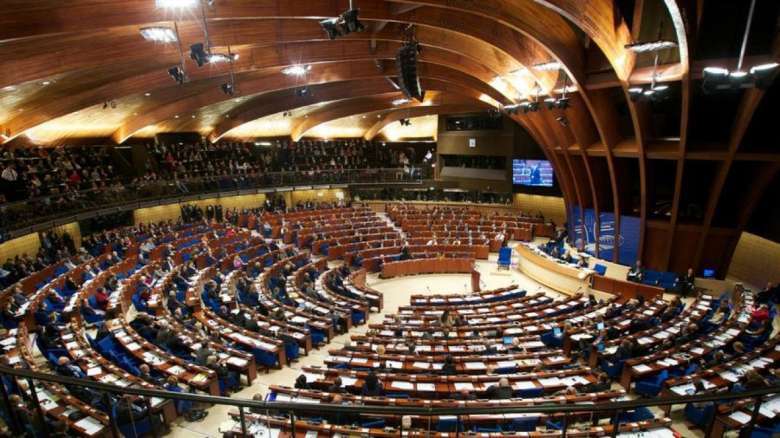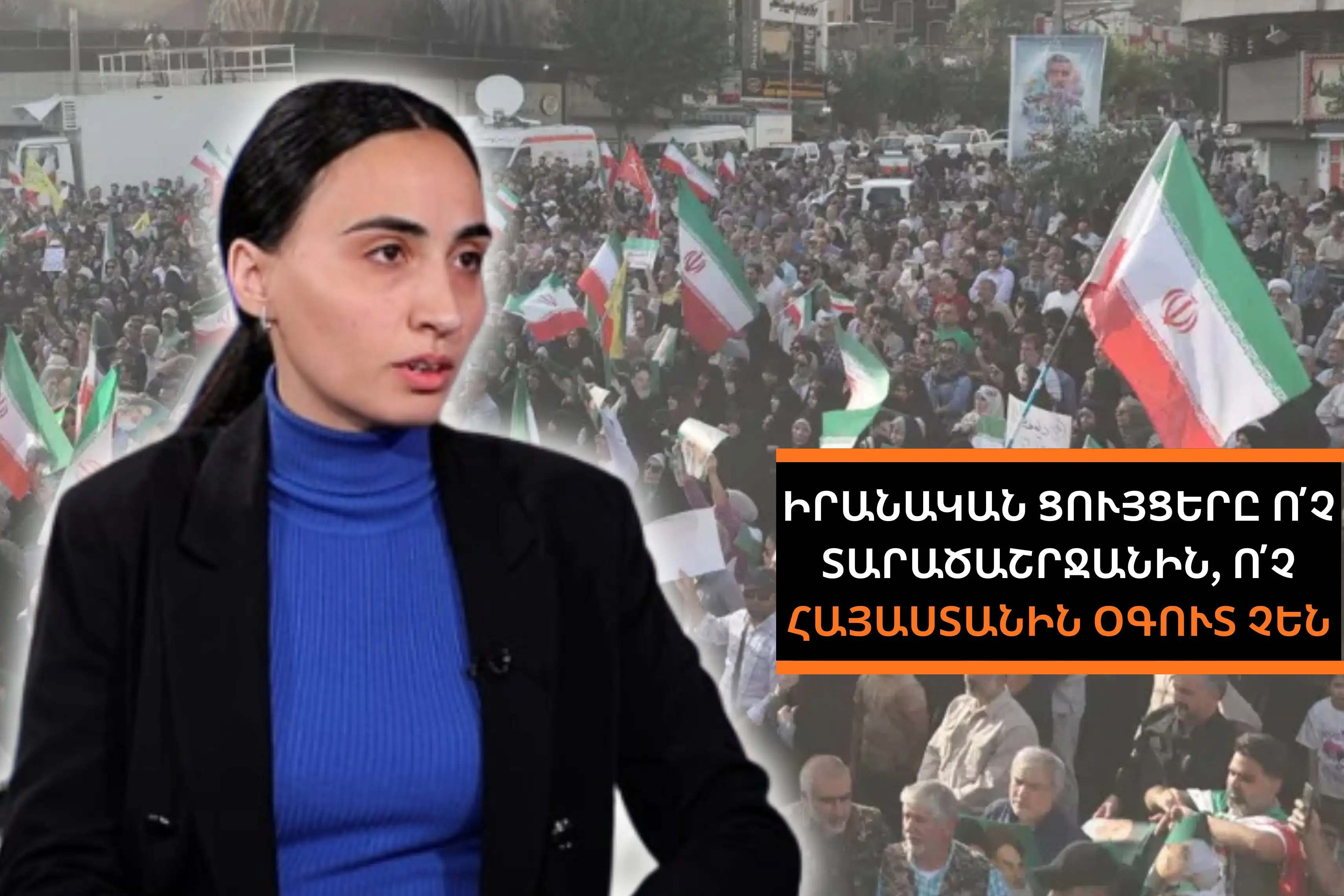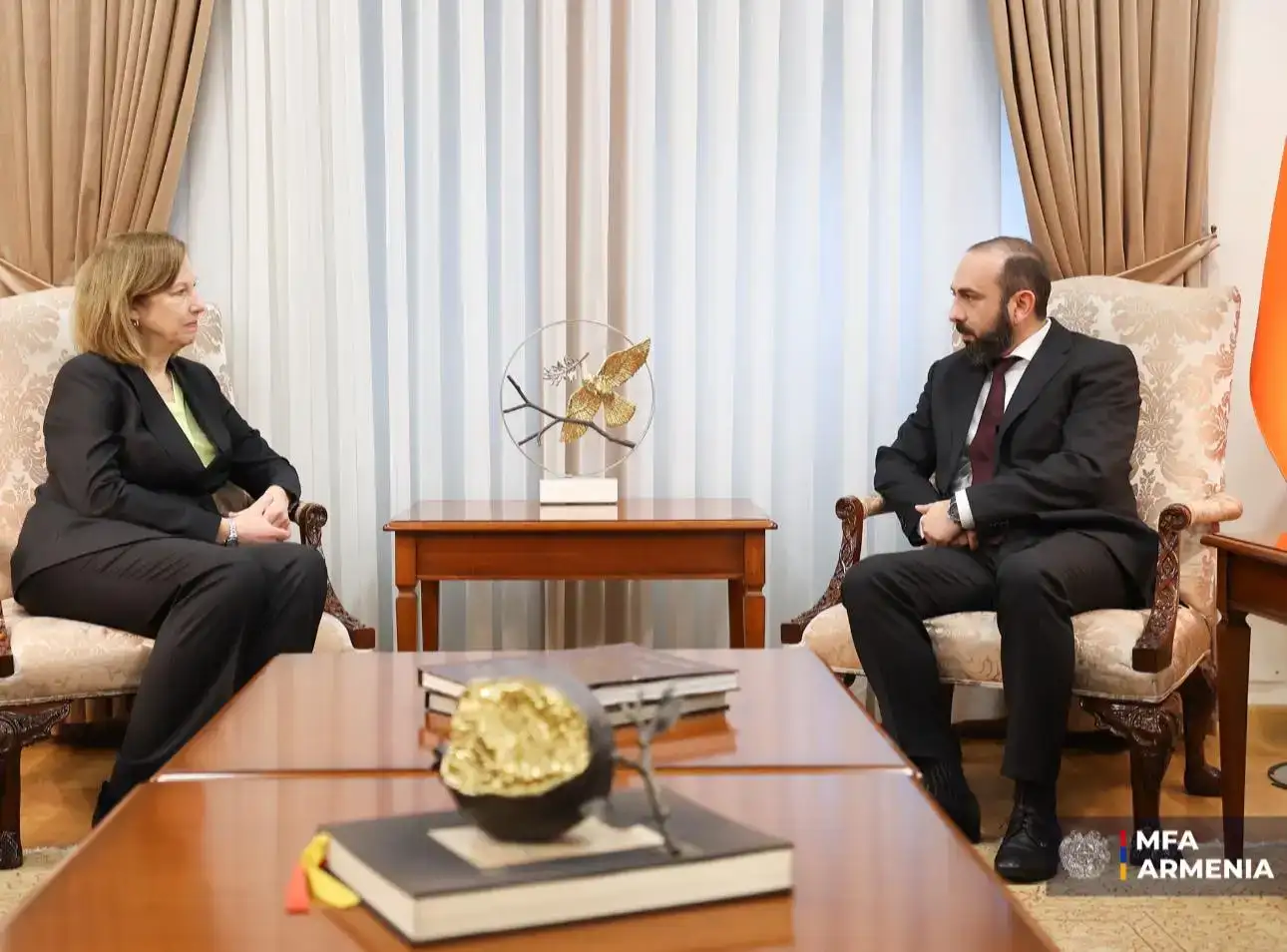Ruben Rubinyan, head of the NA delegation at the Parliamentary Assembly of the Council of Europe, said the PACE adopted the resolution "On the fulfillment of obligations and commitments assumed by Armenia" a little while ago.
The resolution is quite comprehensive; Rubinyan presented the most exciting parts.
"The Parliamentary Assembly highly appreciates Armenia's continued commitment to democratic development despite significant security challenges and notes that, in the face of a complex international environment, Armenia has pursued an ambitious reform agenda.
The Assembly welcomes Armenia's ratification of Protocol No. 13, "On the Abolition of the Death Penalty in All Cases," attached to the Convention "On the Protection of Human Rights and Fundamental Freedoms," as well as the Rome Statute of the International Criminal Court.
The Assembly notes with satisfaction that the authorities have ensured inclusiveness and transparency in the legislative process, which has led to the reform of the Electoral Code by a series of consultations of the Venice Commission.
The Assembly welcomed the holding of the Yerevan City Council of Elders elections in September 2023. Although they took place during a period of extreme tension over the situation in Nagorno-Karabakh, they nevertheless met the democratic standards set by the Council of Local and Territorial Authorities.
The resolution states that the 2023 elections were the third consecutive elections after the national elections of 2018 and 2021, which were assessed by the international community as free of violations, unlike the elections of the previous period. Therefore, the Assembly believes that the authorities of Armenia have primarily achieved the goal of holding truly democratic elections that enjoy the trust of the Armenian people.
However, the Assembly regrets that improvements in the electoral sector have not led to better cooperation and mutual respect between the ruling majority and the opposition, notes that election observation missions have reported excessive polarization and stigmatization of political opponents, and adds that mutual tolerance and political recognition of the legitimacy of adversaries are necessary elements of democratic societies and strengthen the legitimacy of democratic institutions.
The Assembly highly appreciates the reforms aimed at preserving the judicial system's independence and notes with satisfaction the readiness and continuous efforts of the Armenian authorities for genuine dialogue with the Council of Europe. At the same time, it is regrettable that there is still a widespread perception that disciplinary procedures against judges are being abused to influence their decisions. Accordingly, it is welcomed that the Minister of Justice has asked the Venice Commission for an opinion on the concept document for the reform of the Committee on Ethics and Disciplinary Affairs of the General Assembly of Judges, which shows the political will to cooperate with the CoE bodies on this issue.
The Assembly also positively evaluates the authorities' accurate determination to fight systemic corruption, evidenced by the creation of two specialized anti-corruption bodies and courts, the reform of the Police, and the introduction of checks on the conduct of judges, prosecutors, and persons holding independent positions in investigative bodies.
The Assembly notes that after the forced displacement of the people of Nagorno-Karabakh, some rallies organized by opposition parties demanding the resignation of Prime Minister Pashinyan in Armenia became violent when protesters tried to invade government buildings forcefully.
The Assembly noted with satisfaction that during these events, the clash with the police force did not result in casualties, unlike the events of March 1, 2008, when ten were killed, which was strongly condemned by the Assembly's resolution 1837.
It is mentioned that in September 2023, Azerbaijani armed forces invaded Nagorno-Karabakh, a part under the protection of Russian peacekeeping forces. Fearing the consequences, most of the population fled to Armenia within days. The Assembly refers to the resolution "The humanitarian situation in Nagorno-Karabakh" and the consultation of the same name, where it expressed deep regret that almost the entire Armenian population of the region, more than 100,600 people, had to leave their ancestral homeland and flee to Armenia, and called made Azerbaijan release all detained representatives of Nagorno Karabakh, as well as all Armenian prisoners of war held in Azerbaijan.
The Assembly notes that Armenian authorities continue to be involved in peace treaty negotiations with Azerbaijan by their commitment to resolving international disputes peacefully.
Referring to the normalization of relations between Armenia and Azerbaijan, the Assembly expresses full support for the peace process based on mutual recognition of territorial integrity, respect for sovereignty, inviolability of borders, and non-use of force. The Assembly also welcomes the initiation of border demarcation based on the 1991 Alma Ata Declaration and expects the process to continue along the border.
The Assembly appreciates the adopted approach to unblocking regional communications based on sovereignty, national competence, equality, and reciprocity principles. In this context, the Assembly welcomes the Armenian government's "Crossroads of Peace" initiative, which can contribute to peace and stability in the region.




















